I’ve been told not to make decisions, respond to people or write while angry, so I try to wait 24 hours before proceeding. It’s been almost that now.
Nearing the end of a long day yesterday, I was looking around for water sources to fill the bottles one more time before pitching camp. I was approaching a highway rest area, something Montana State Highways have at rare junctures. Usually these are nearly useless to me as they offer no running water. Coming within sight though, this one displayed a grander stone structure, one that suggested the presence of modern plumbing. I left the road to investigate, thinking I might find rest for two weary feet as well.
I found a set of picnic tables out back, the most convenient surfaces possible on which to drop my heavy pack and I could see water fountains—three of them on the rear of the bathroom facility. The picnic tables had roofs over them in case it began to rain again. Surveying the mowed margin, I saw at least three places that would work well for a tent. I just about completed my mileage for the day, it was late, few people were around, and the place seemed custom made for a hobo hiker in my situation.
I grabbed my bottles and made for the water, feeling I was overdue for some anyway. I’ve tried to be more careful since a recent collapse from dehydration. The handle on each fixture turned as it was supposed to, but nothing flowed into my bottle. Having walked and collected water from places wild and civilized for almost three months now, this scenario was not unfamiliar to me, but I’d thought, for just one moment, that maybe the control freaks, the true Covidians performing their rites, had forgotten one set of water faucets hidden deep in the Montana back country. I entered the bathroom ready to simply collect from faucets within, but these were equally dry.
I shoved things back in the pack, slung it on my back, and made for the highway. Suddenly, the intermittent creeks of arid Montana offered more reliable water than the faucets installed to supply water. My mind raced back to the morning as I’d collected water to leave the Malmstrom Air Force Base area—a place where there were no natural sources or else they were found behind a ten-foot barbed wire fence. I’d gone into the Walmart shortly after it opened with my bottles and found the fountains secured, an all too familiar scenario. Inside the bathroom the ultra-modern faucets were motion-activated and dispensed only one temperature—warm. I’d spent several minutes with my camp mug, keeping a finger working the almost worn-out sensor and filling the cup over and over to fill my bottles with warm extra-chlorinated water.
I was still steamed over the evening before when I’d found a Hardee’s burger place for the first time on this trip and had gone in and happily ordered a colossal portion of beef, etc. I’d addressed the young man taking my order as he brought me a cup, “You know, I’m on a very long walk and you don’t know how good it is to come into a place like this and sit down for a while to eat and use the internet…”
“Actually, our seating’s closed,” was his immediate reply.
I looked around. The tables were kind of blocked. I wouldn’t have even ordered had I known. A few minutes later I took my bag of supper and backpack outside, and found a place to eat just as it began to rain.
I could go on with stories of inconvenience and sometimes real problems caused by the intellectual slouches and political sycophants who do whatever they can to comply and look like they care—the “pandemic” has opened enormous opportunities for this.
But back to the water fountain issue. I was interviewed recently by a Norwegian fellow with whom I have common perspective on many fronts, including much to do with the wild and getting by outdoors. He’d been particularly keen to ask me about what kinds of problems I think go along with detachment from the wild, a frequent subject of his online show.
I might have responded that you’d never be inclined to shut the water off to save yourself from the flu. What I mean is this, for those of you who’ve been living in cities a bit too long to understand relative risk: if you contract COVID, you will almost certainly not die from it. If you can’t get water, you will die. And it won’t take long. If our bureaucracies can make such a consequential mistake, why do we go on trusting them with anything? And yes, this is from the level of the federal executive branch and the CDC down to our local city council Napoleons.
A further thought along these lines: in general, the same people who issued the array of senseless COVID “mandates” would claim to care about the homeless—they’re politicians, it’s what they do. But they have no idea how much more difficult their trifling mandates have made life for street people. The politicians who make these rules are generally insulated from the harm they’ve caused while the most vulnerable bear the brunt, as usual. I’ve spent time around the homeless this year and I’ve lived like a homeless person for much of the year—I know.
At some point, it would be a wonderful thing if Americans could unite around one thing: understanding the general uselessness of those in political office and even more so the bureaucracy that surrounds them—and that we all pay for. If not when they’ve forced us all into masks, “vaccines,” and dry water fountains, then when?
Yet, I have to give credit where it’s due. Just when I felt ready to rant about the universal uselessness of government employees, I found one working diligently today. This middle-aged fellow was running a huge mowing machine along the shoulder of the Montana highway I followed this morning, making the tall grass shorter so that I could more easily side-step oncoming traffic. He opened the cab door as I passed and we chatted for just a moment. He’d done a fantastic job clipping the embankment I would tread for several miles. He also represents the outermost limit of jobs I trust government employees to do without hurting people or making things worse.
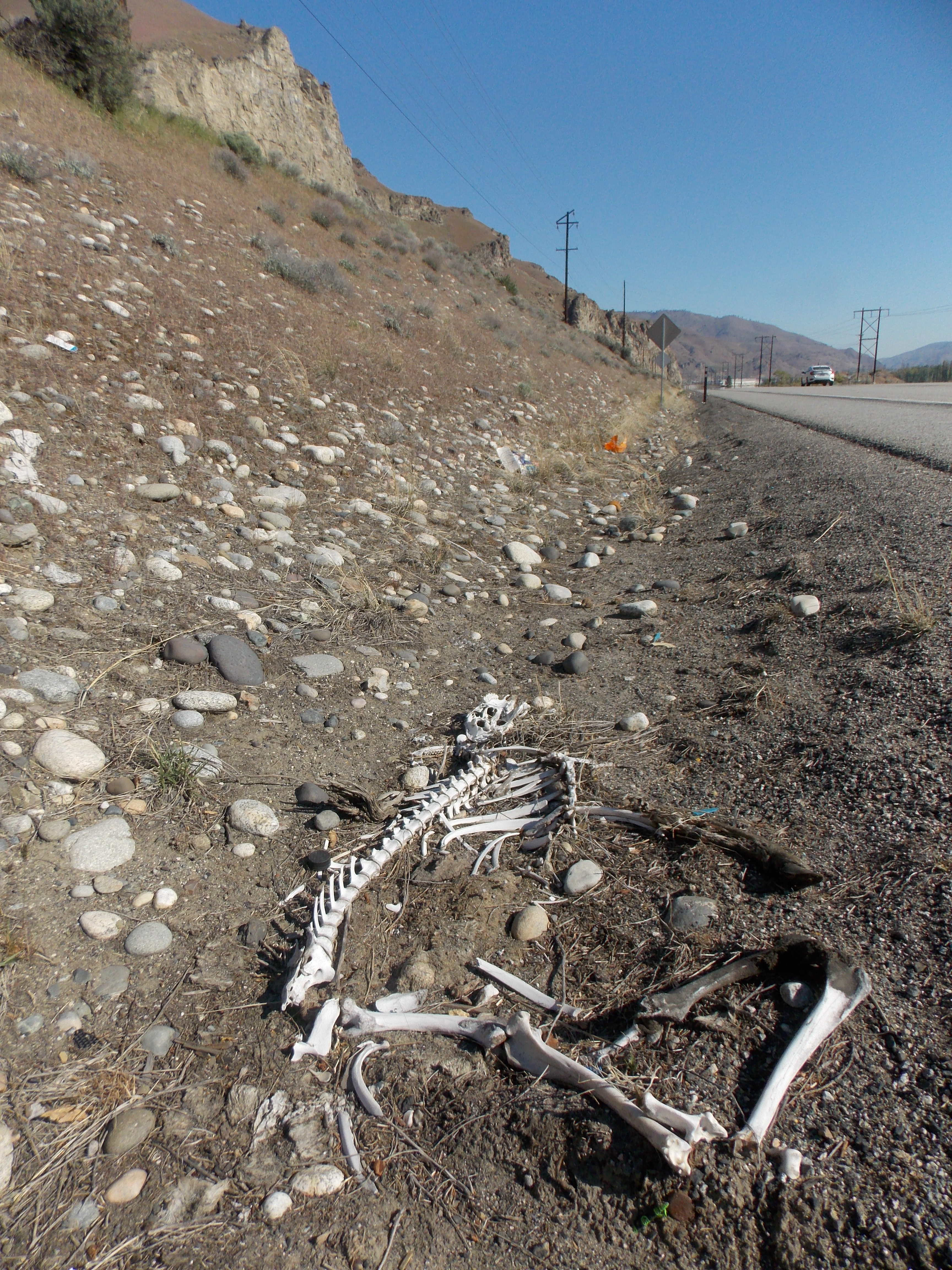

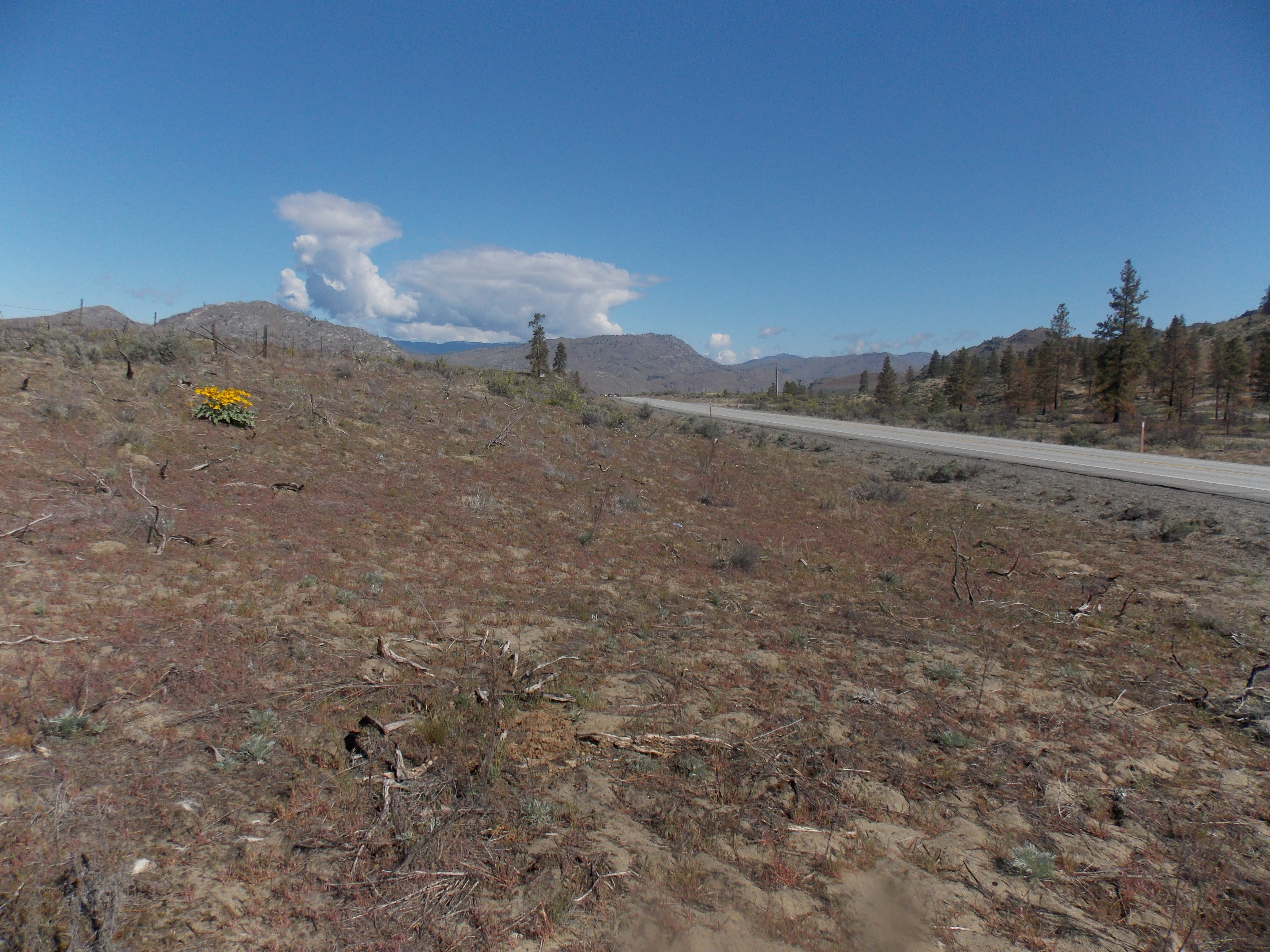
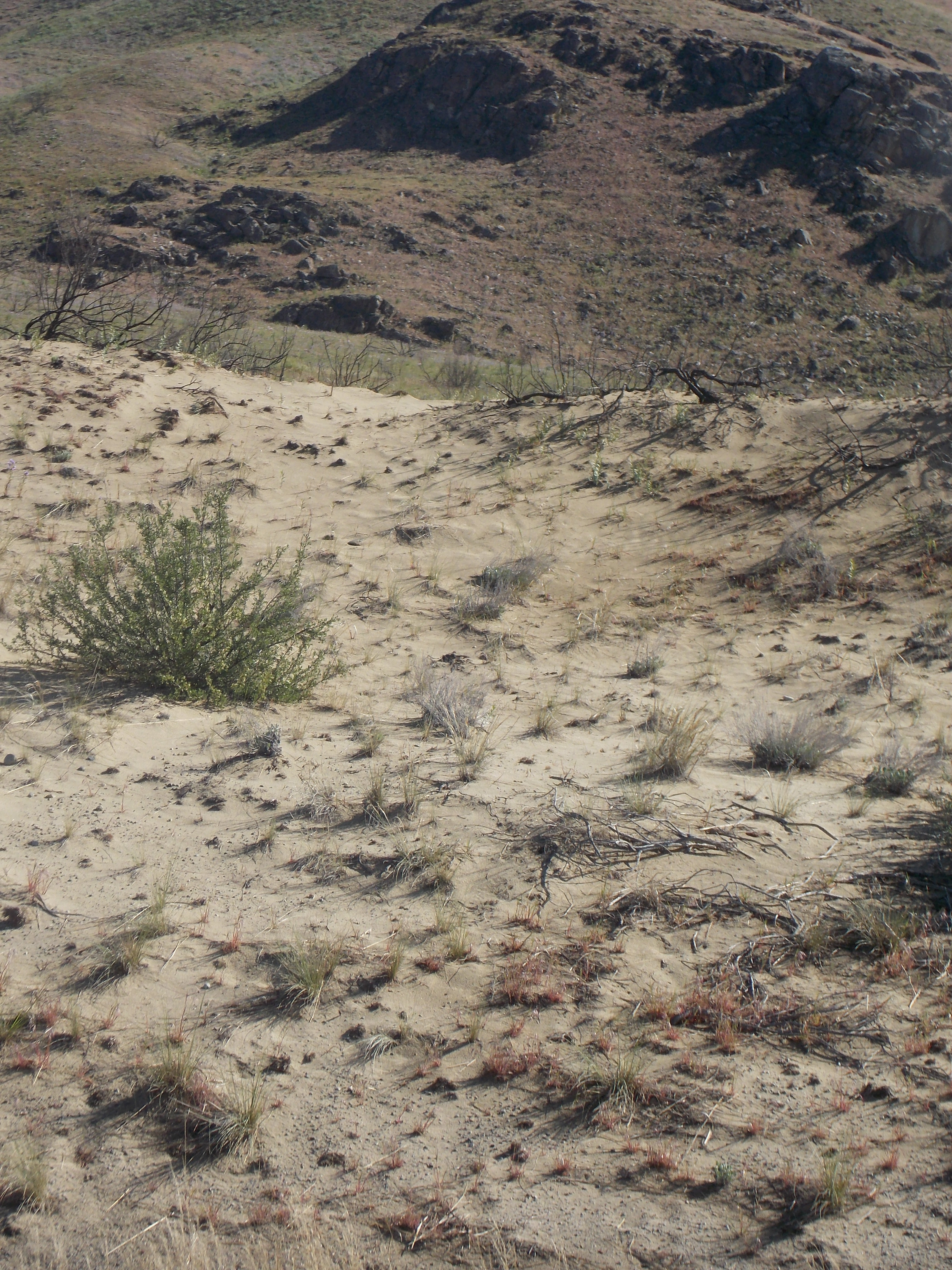
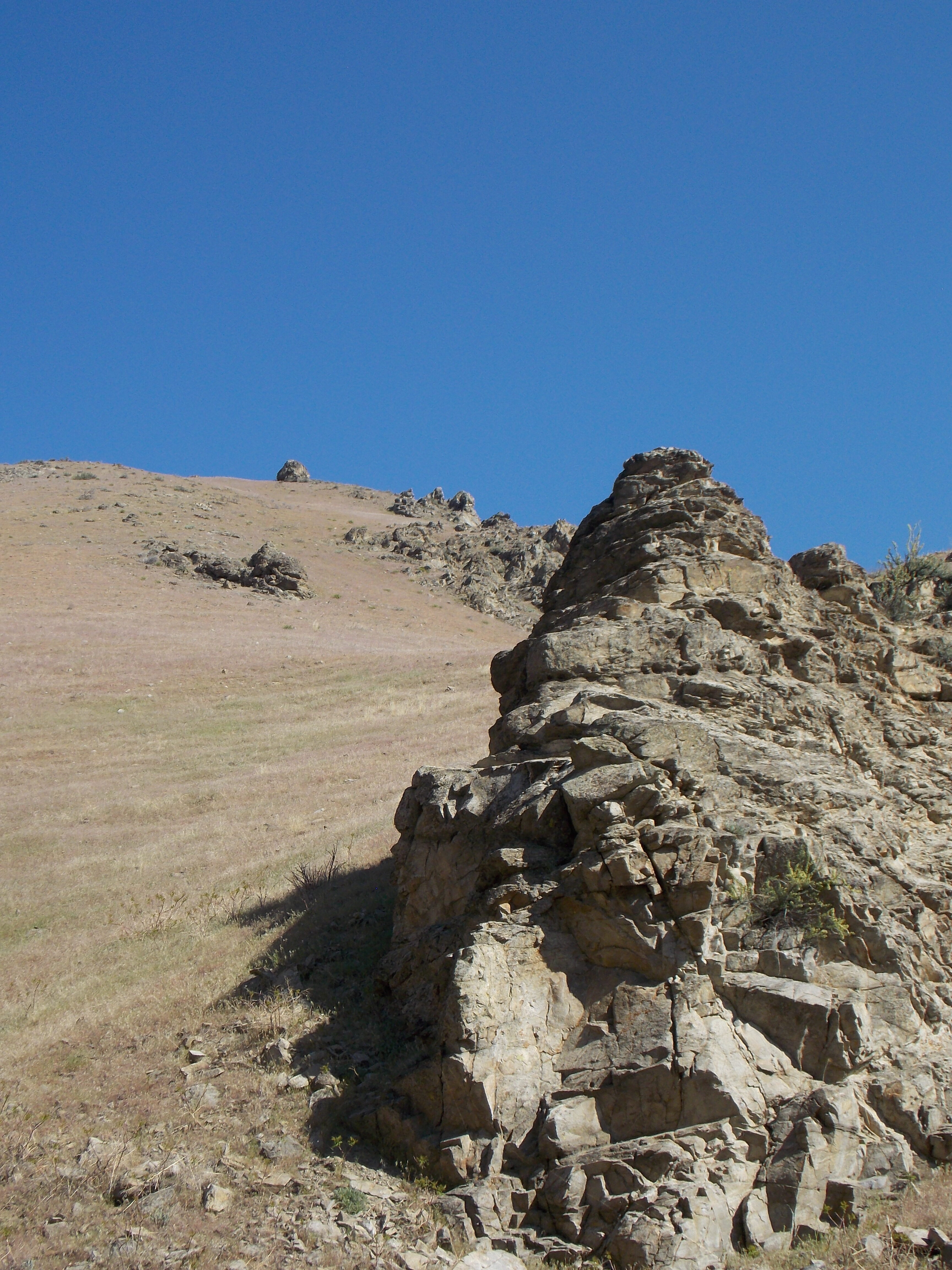
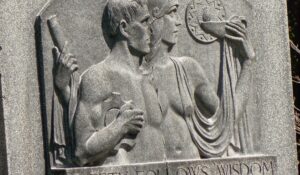
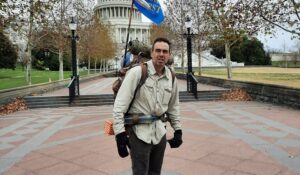
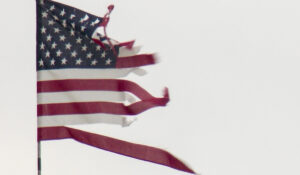
You’re right, a risk-risk analysis would have shown that the potential harm from shutting off water at widely spaced rest stops in a desert far outweighs the possible reduction in the spread of COVID 19. Bureaucrats are checking off boxes on a list of things they can do to appear to be addressing a public health “crisis.” Once you understand that the real objective has nothing to do with public health, you start noticing other examples of politicians saying they want one thing but doing just the opposite things. Then you discover that that is in fact the raison d’etre of all government. And do we really need government to mow the grass alongside roads?